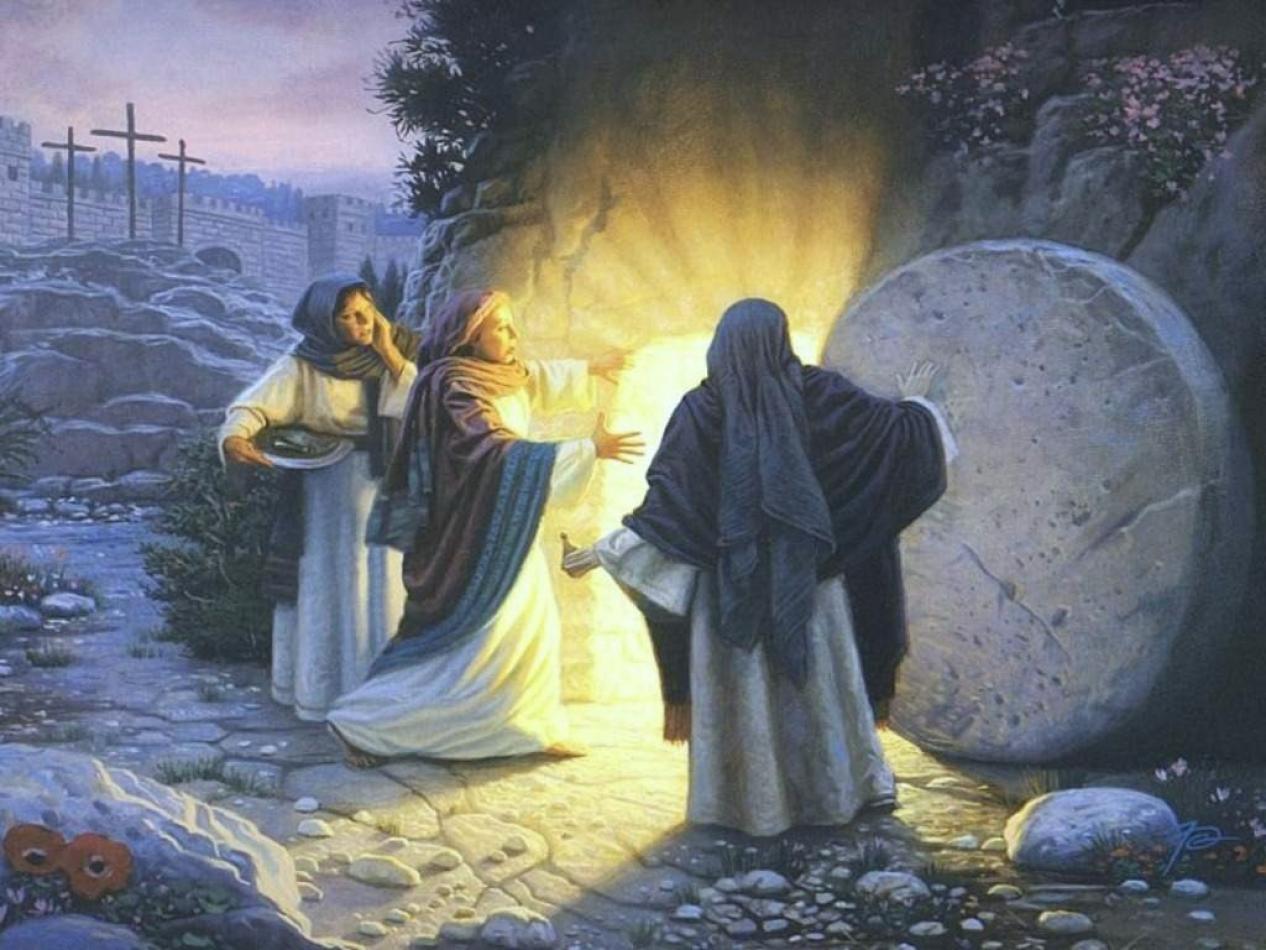Daniel Comboni
Comboni Missionaries
Institutional area
Other links
Newsletter
The passage in today’s Gospel is taken from the first of three farewell speeches pronounced by Jesus at the Last Supper after Judas went out to implement his intention of treason. They are called so because in them Jesus seems to dictate his last will, before facing his passion and death. (...)
John 14:1-12
GOSPEL REFLECTION
The passage in today’s Gospel is taken from the first of three farewell speeches pronounced by Jesus at the Last Supper after Judas went out to implement his intention of treason. They are called so because in them Jesus seems to dictate his last will, before facing his passion and death.
The liturgy makes them ponder after Easter for a very simple reason: a testament opens and acquires its meaning only after the death of the person who dictated it. The words spoken by Jesus at the Last Supper were not restricted to the apostles in the upper room but addressed to the disciples of all times. Easter is the most suitable time to understand and meditate on them.
The passage today begins with a phrase that could be misunderstood: “In my Father’s house there are many rooms; otherwise, I would not have told you that I go to prepare a place for you. After I have gone and prepared a place for you, I shall come again and take you to me. Yet you know the way where I am going” (vv. 2-4).
Jesus seems to be saying that the time for him to go to heaven has come. He promises that there he will prepare a place for his disciples.
This explanation is unsatisfactory because we believe that everything is already set in heaven for a long time. Then the idea of the numbered seat, corresponding to the various degrees of reward, with the danger that someone might not also have a place to stay, does not enthuse at all.
The meaning of the sentence is different. It is much more concrete and relevant for us and for the life of our communities.
Jesus says he has to go through a difficult “path.” He adds that his disciples would have to know very well that “way” because he often spoke of it.
Thomas replies on behalf of all: we do not know this “way” and we cannot guess where you want to go.
Jesus explains: he himself will be the first to run the “way.” Once his mission is accomplished, he will be back and will take the disciples with him. He will infuse them with his courage and strength, so they will be enabled to follow in his footsteps.
What the “way” is, is now clear: It is the difficult path toward Easter. It demands the sacrifice of life. Jesus talked about it many times, but the disciples were always reluctant to understand. When he insisted on the “gift of life,” they preferred to be distracted, thinking about something else.
In this perspective, the question about “the seats in the Father’s house” becomes clear. Whoever has agreed to follow the “way” traveled by Jesus, finds himself immediately in the Kingdom of God, in the Father’s house. This house is not paradise, but the Christian community. There are many places, that is, many services, many tasks to be performed in it.
There are many ways in which the gift of one’s life takes form. The “many places” are nothing but the “various ministries,” the different situations in which everyone is required to make available to the brethren one’s own capacity, the many gifts received from God.
Until the Second Vatican Council, the laity was not considered active members of the Church. They did not participate but “assisted” in the Eucharist; they did not celebrate reconciliation, they went to “receive” the absolution. They were often idle spectators of what the priests were doing. Today we understand that every Christian should be active, not for the shortage of priests, but for the fact that everyone has work to do within the community.
Jesus says that in the course of the ministry, there could be no motives for envy and jealousy. The “places,” that is, the services to be rendered to the brethren are many. The only one who is not yet shaken by the newness of life, communicated by faith in the Risen Lord, may remain idle.
In civil society, the place is assessed on the basis of power, the social prestige that confers the money with which it is paid for. The question: “What do you do?” is equivalent to “How much do you earn?”
The place prepared by Jesus and for each one is instead evaluated based on service: the better “place” is where one can serve more and better for the community.
The passage is a call for verification of community life: what is the percentage of active members? Are there commitments that no one wants to take? Are there competitions to grab for oneself the responsibility of any assignment? Of the many “jobs” prepared by Jesus, are there still many undiscovered ones? Are there “unemployed” people? Why?
The second part of today’s Gospel (vv. 8-12) is centered on the question of Philip: “Lord, show us the Father and that is enough.”
“Let me see your glory,” Moses asked the Lord, and God answered him: “You cannot see my face because man cannot see me and live” (Ex 33:18,20).
While conscious of this inability to contemplate the Lord, the pious Israelites continued to implore: “I seek your face, O Lord. Do not hide your face from me” (Ps 27:8-9); “My soul thirsts for God, the living God. When shall I go and see the face of God?” (Ps 42:3).
Philip seems to be an interpreter of this intimate yearning of the human heart. He knows that “no one has ever seen God” (Jn 1:18), because “he lives in unapproachable light and whom no one has seen or can see”(1 Tim 6:16); but also recalls the bliss reserved for the pure in heart: “for they shall see God” (Mt 5:8) and thinks that Jesus can satisfy his secret aspiration. He presents such a demand that seems to echo those expressed by Moses and by the psalmists.
In his response, Jesus shows the way to see God. One needs to look at him. He is the human face that God has taken to manifest himself, to establish a relationship of intimacy, friendship, and communion of life with people. He is “the image of the invisible God” (Col 1:15), “the radiance of God’s glory and bears the stamp of God’s hidden being” (Heb 1:3).
To know the Father, there is no need to make arguments or reasoning. It is not worth it to get lost in inadequate philosophical investigations. It is sufficient to contemplate Jesus, to observe what he does, says, teaches how one behaves, loves, whom he prefers and attends to, caresses and from whom he lets himself be caressed, with whom he dines, he chooses, defends … because the Father does so. The works that Jesus fulfill are those of the Father (v.10).
There’s a time when the Father fully revealed his face: on the cross. There he reveals his supreme love for people. The “radiance of his glory” (Heb 1:3) fully appears. There, his “light shines” (2 Cor 4:6) in its fullness.
“Whoever has seen me has seen the Father,” Jesus affirms (v. 9). But this seeing is not reduced to the gaze of one who witnessed the events, the facts, the concrete gestures carried out by him. It is a gaze of faith that is required, a look that can go beyond appearances, beyond the purely material datum, a look that captures the revelation of God in the works of Jesus.
This seeing is equivalent to believing.
Who sees the Father in him, who grants him full confidence and is prepared to risk one’s life on the values proposed by him, will do the same works and will do even greater ones. It is not about miracles, but the total gift of self for love.The Father will continue to realize in the disciples the works of love that he has accomplished in Jesus.
Fernando Armellini
Italian missionary and biblical scholar
https://sundaycommentaries.wordpress.com





